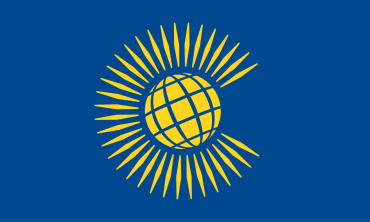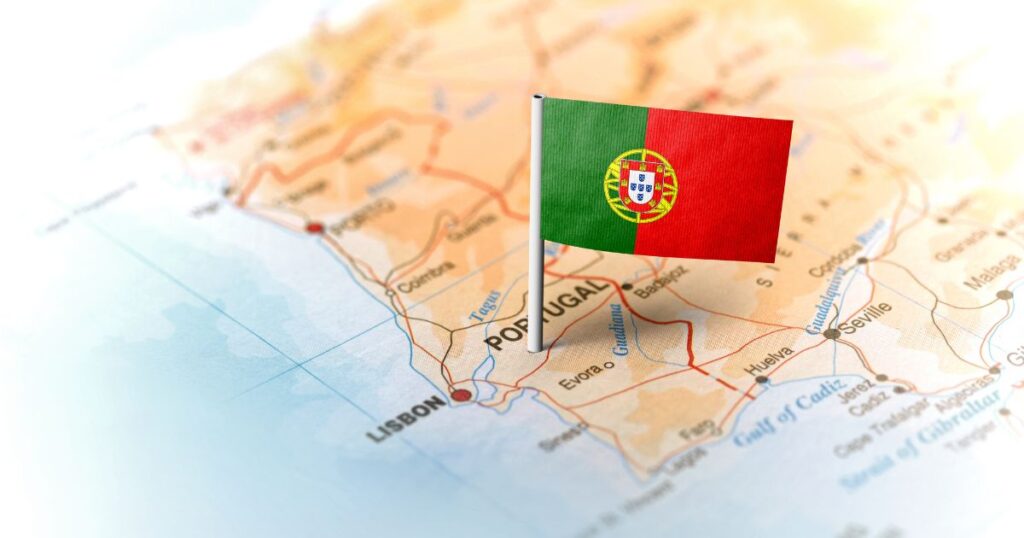The Commonwealth citizenship is a supplementary citizenship, acquired by virtue of being a citizen of a Commonwealth member state or, in the United Kingdom, a country listed in Schedule 3 of the British Nationality Act 1981. Acquisition and loss of Commonwealth citizenship is tied to the domestic nationality regulations of each member state
The Commonwealth
Commonwealth member countries are a part of a mutually supportive community of former 56 british independent and sovereign states. Its roots go back to the British Empire, when countries around the world were ruled by Britain. The Commonwealth Secretariat, established in 1965, supports Commonwealth member countries to achieve development, democracy and peace. The Commonwealth helps member states to advance in these areas:
- Strengthen governance,
- Build inclusive institutions
- Promote justice and human rights.
- Grow economies and boost trade, Empower young people,
- Address threats such as climate change, debt and inequality.
Commonwealth Citizen
A Commonwealth citizen is not regarded to be a foreign citizen, or alien, by another respective Commonwealth government. This tradition descends from the older ‘British subject’ designation – though nothing but name has changed with regards to this concept other than name. Commonwealth citizens are technically British subjects; they can avail of the support of a British embassy or court in a country where their own nationhood is not represented.
Citizenship by Investment (CBI)
Citizenship by investment (CBI() schemes offer a supplemental commonwealth citizenship. Further, an individual would automatically lose the status if that person is no longer a citizen of any Commonwealth country.
Which CBI countries offer Commonwealth Citizenship?
These are the eight countries that offer commonwealth citizenship as a supplemental citizenship, through citizenship by investment (CBI) schemes
| Europe | Caribbean | Pacific |
|
|
|
Key Benefits
Here are some of the important benefits available for commonwealth citizens.
- Consular Assistance – All Commonwealth citizens may receive consular assistance from British embassies and consulates in foreign non-Commonwealth nations where their home countries have not established diplomatic or consular posts. They are eligible to apply for British emergency passports, if their travel documents have been lost or stolen and permission has been given by their national governments.
- UK Right to Abode – Commonwealth citizens have right to abode in the UK. The Right of abode’ provides the ability to live or work in the UK free of immigration controls. They are also exempted from English language test when applying for a UK visa.
- UK Ancestry visa – Citizens of some Commonwealth countries are eligible to apply for UK ancestry visa if they prove their grandparents born in the UK
- UK Visa Free Travel – Commonwealth citizens given right to travel, work, visit, and study for up to six months in the UK without the need to apply for a visa prior to arriving.
- Travel Documents – In some member states, they may also be issued non-passport travel documents when they are unable to national passports.
- Voting Rights – Citizens of Commonwealth countries retain the right to vote in General Elections and a number of local elections. Commonwealth citizens can have their say and their opinion will be appreciated In the United Kingdom.
- Immigration – Many Commonwealth citizens still hold British passports; it is also far easier for Commonwealth citizens to immigrate to the UK than non-Commonwealth citizens.
Commonwealth Members
There are 56 members of Commonwealth,of which 31 are small states covering roughly 1.5 million people.
| Africa | Asia | Caribbean / Americas | Pacific |
|
Europe
|
|
|
Right to Vote
The following jurisdictions allow citizens of other Commonwealth countries to vote:
|
|
* Citizenship by Investment (CBI)





